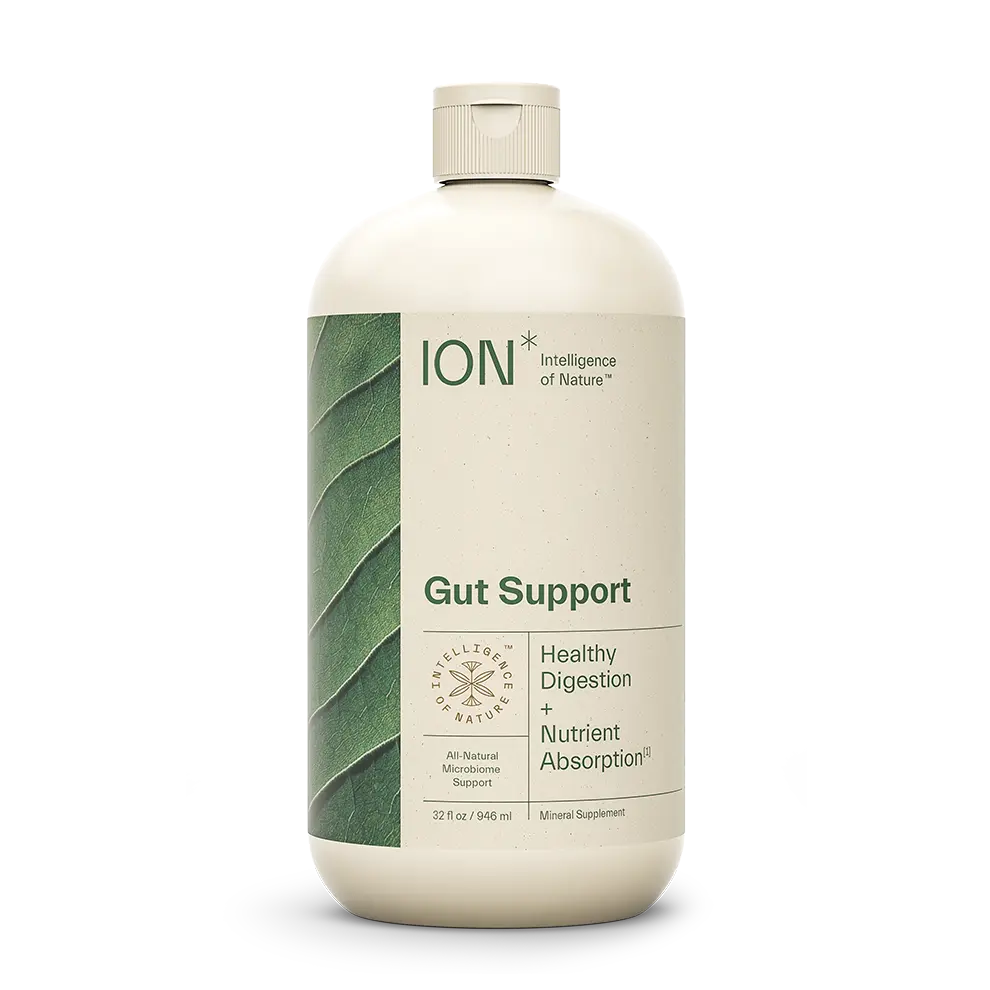Discover the Numerous Uses and Benefits of Keeping Gut Health
Provided the increasing evidence linking gut health to persistent illness prevention and mental health, recognizing the diverse roles of gut plants appears necessary. The techniques for improving intestine health are diverse and value more exploration to fully appreciate their impact on overall health and wellness.

Value of Digestive Tract Wellness
Why is intestine health and wellness often described as the foundation of general health? The intestine microbiome, a complex environment of bacteria living in the stomach system, plays an essential duty in many physical features. Research underscores that a balanced intestine microbiome is important for optimal immune feature, nutrient absorption, and hormone policy.
A healthy and balanced intestine adds to the synthesis of vitamins, such as B vitamins and vitamin K, which are important for energy production and blood clotting respectively. Intestine health influences psychological well-being with the gut-brain axis, an interaction path linking intestinal feature with brain task. This link highlights the possible influence of gut health on mood, anxiousness, and cognitive feature.
Furthermore, preserving digestive tract wellness is critical in minimizing the risk of persistent diseases, consisting of weight problems, diabetic issues, and cardio conditions. An inequality in the gut microbiome can cause dysbiosis, which is related to inflammation and various metabolic problems.
Intestine Health and Food Digestion
The connection between digestive tract health and wellness and food digestion is an important element of overall well-being. A balanced digestive tract microbiome, composed of helpful bacteria, is important for optimal digestive system function.
Poor gut health and wellness can bring about digestive problems such as cranky digestive tract disorder (IBS), bloating, and bowel irregularity. An imbalance in intestine vegetation may hinder the food digestion procedure, causing discomfort and malabsorption of nutrients. Approaches to preserve intestine health and wellness include a diet regimen rich in probiotics, prebiotics, and fiber, which promote the development of helpful microorganisms.
Additionally, staying moisturized and handling stress and anxiety are important for preserving intestinal feature. By focusing on digestive tract health and wellness, individuals can enhance their food digestion, resulting in enhanced nutrient uptake and overall wellness. Identifying the interconnectedness of intestine health and wellness and food digestion is crucial for fostering a durable gastrointestinal system and attaining ideal wellness.
Influence On Immune Feature
A healthy intestine microbiome is fundamental to a durable immune system, affecting exactly how the body reacts to microorganisms and maintains homeostasis. The digestive tract homes about 70% of the body immune system, where gut-associated lymphoid cells (GALT) plays an important role in the manufacturing of immune cells. A varied microbiome fosters the advancement of these immune cells, improving the body's capacity to acknowledge and deal with harmful microorganisms.
Additionally, beneficial intestine germs contribute to the production of short-chain fatty acids (SCFAs) with the fermentation of nutritional fibers. SCFAs such as butyrate have anti-inflammatory residential properties that assist control immune responses, lowering the threat of autoimmune conditions and chronic swelling.
Maintaining digestive tract health via a balanced diet rich in fiber, probiotics, and prebiotics is our website essential for sustaining immune resilience. By prioritizing intestine wellness, individuals can boost their total immune feedback, consequently minimizing sensitivity to infections and promoting long-term health and wellness.
Mental Wellness and Intestine Link
Emerging research highlights an extensive link between intestine wellness and psychological health, frequently described as the "gut-brain axis." This bi-directional interaction system connects the gastrointestinal tract to the brain, recommending that the structure of intestine microbiota can substantially affect mood, cognition, and psychological wellness.
Studies indicate that a varied gut microbiome can improve the production of natural chemicals, such as serotonin, which play a vital function in managing mood and anxiousness. Dysbiosis, or an imbalance in gut germs, has been associated with different psychological health problems, including anxiety and stress and anxiety. Moreover, the intestine microbiota can influence the mind with the production of short-chain fats and other metabolites look at this website that influence neuronal feature and inflammation.
Alternatively, improving intestine wellness via nutritional changes and probiotics may provide promising opportunities for improving mental well-being. Understanding this complex partnership underscores the value of maintaining digestive tract health and wellness as an element of holistic psychological health and wellness strategies.
Tips for Improving Digestive Tract Health
To foster a healthy gut, integrating particular dietary and lifestyle modifications can produce significant benefits. First, focus on a diet regimen abundant in fiber, as it promotes the development of helpful germs. Foods such as entire grains, fruits, and vegetables must be staples in your dishes. In addition, think about integrating fermented foods like yogurt, kefir, kimchi, and sauerkraut, which include probiotics that support digestive tract flora balance.
Hydration is just as important; drinking sufficient water help food digestion and nutrient absorption. Limiting processed foods and sugarcoated can stop the expansion of damaging microorganisms, even more boosting gut health and wellness.
Routine physical activity is an additional essential factor. Exercise not only aids keep a healthy and balanced weight yet additionally promotes intestine mobility and diversity of intestine microbiota. Go for at the very least 150 mins his comment is here of modest exercise weekly.
Additionally, managing stress through mindfulness methods, such as meditation or yoga, can favorably affect intestine health and wellness, as anxiety is recognized to interrupt gut feature. Last but not least, guarantee you obtain ample rest, as corrective rest is important for total health and wellness, including digestive tract integrity. By taking on these techniques, individuals can substantially enhance their gut wellness and overall health.
Final Thought
Finally, maintaining digestive tract health and wellness is necessary for general wellness, influencing not just digestion performance yet likewise immune feature and psychological health and wellness. A balanced intestine microbiome adds to the avoidance of chronic conditions and supports cognitive feature with the gut-brain axis. Carrying out methods such as a fiber-rich diet, probiotics, and adequate hydration can substantially improve digestive tract health (best gut health supplement). Prioritizing these methods promotes resilience against various health and wellness obstacles and advertises an all natural approach to wellness.

Workout not just assists keep a healthy weight however also advertises intestine mobility and variety of gut microbiota.Furthermore, taking care of stress via mindfulness practices, such as meditation or yoga, can positively impact digestive tract health and wellness, as stress is known to interfere with digestive tract function.In conclusion, maintaining gut health and wellness is vital for general health, affecting not only digestive performance however additionally immune feature and psychological health and wellness.